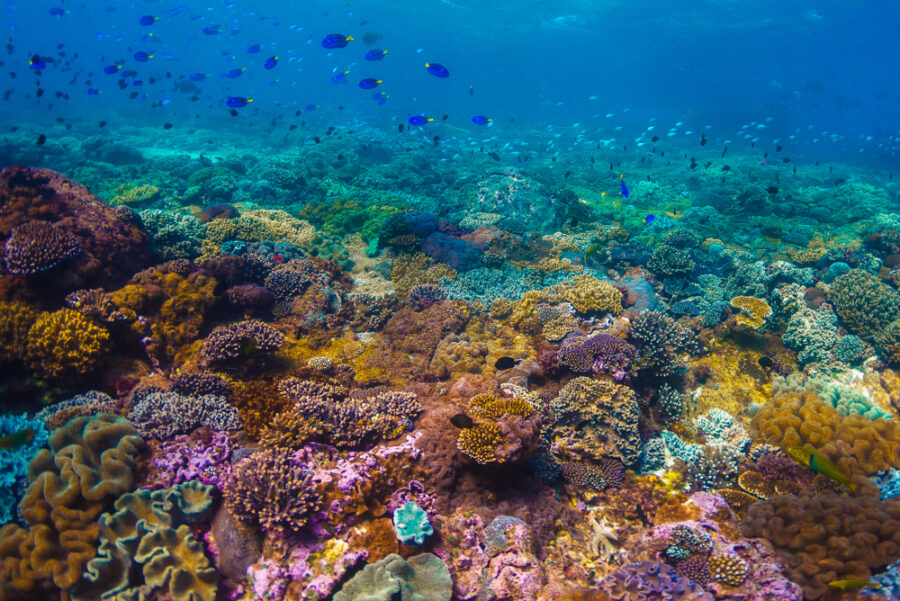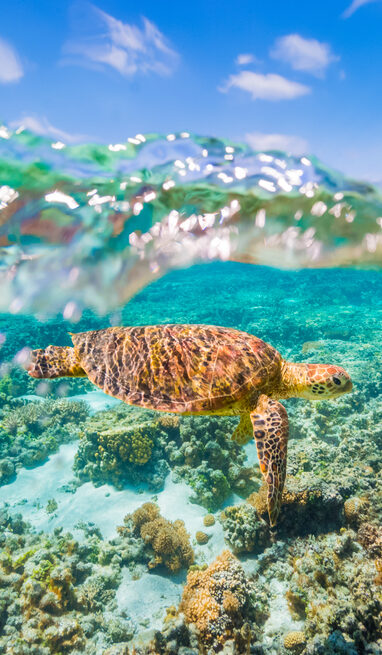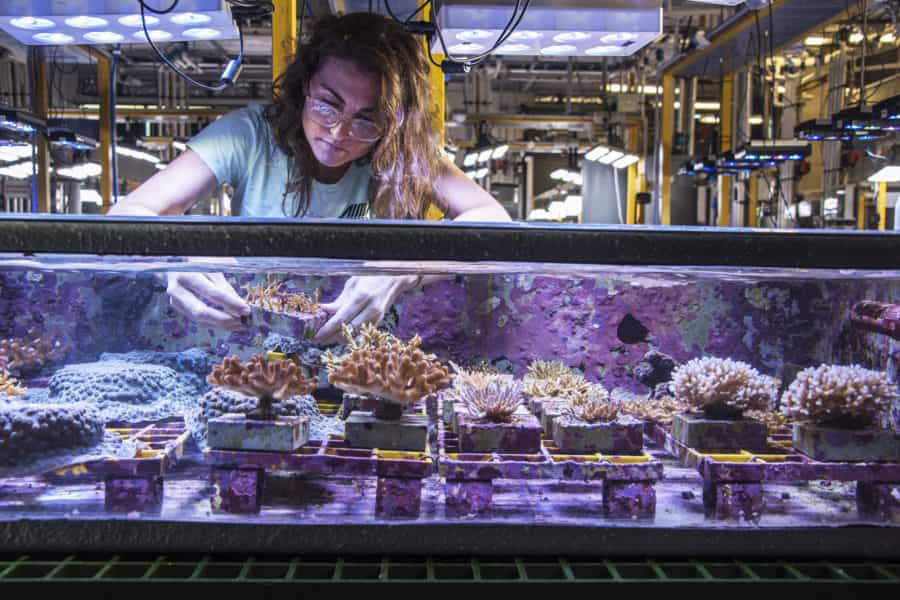UN holds off Great Barrier Reef ‘danger’ classification

The UN Educational, Scientific and Cultural Organisation (UNESCO) has been considering whether the reef should be added to its World Heritage in danger list, with a conclusion due in September.
Now, UNESCO’s draft decision says “significant progress” has been made by current and former Australian governments but warns the reef “remains under serious threat and urgent and sustained action … is essential in order to improve the long-term resilience” of the site.
Environment Minister Tanya Plibersek said the decision was due to the significant investment and effort the Albanese government has made in protecting the reef for future generations.
This included a trajectory to net zero, investments in reef water quality and plans to stop overfishing.
Ms Plibersek says the nation doesn’t need a global “in danger” listing for the Great Barrier Reef to take its protection seriously.
“We don’t need that listing to make us take the Great Barrier Reef seriously,” she told reporters.
“No one takes protecting the reef more seriously than Australians do and the action that’s been taken by this government and the global recognition of that action shows that’s the case.”
Asked how confident she was there wouldn’t be another mass coral bleaching event, Ms Plibersek said the government was “very aware” of the coming hotter, drier cycle.
Prime Minister Anthony Albanese said the reef contributed $6 billion a year to the national economy and supported 64,000 jobs, with the government investing $1.2 billion to protect it.

FIGHT TO SAVE REEF AT RISK
*More than a decade has passed since a United Nations body first warned the Great Barrier Reef could be listed as a World Heritage site in danger
*In that time Australia has churned through five prime ministers – all intent on avoiding a listing and the inescapable inference the world’s largest coral reef system has been poorly managed
*In March 2022, when the Morrison government was still in power, a UN monitoring mission found the reef should be listed as in danger because of inadequate action on climate change and other threats including poor water quality and harmful fishing activities
*In a draft decision released on Tuesday, the UN body that oversees World Heritage sites recommended giving Australia more time to demonstrate things are improving.
* UNESCO’s draft decision is not the final word on an in-danger listing
* That decision will be made by the World Heritage Committee when it meets in Saudi Arabia in September
* The committee can accept, reject or modify UNESCO’s draft decision but it’s expected the draft decision will be broadly accepted
* It essentially extends Australia’s probationary period and requires the government to report again to UNESCO by February 1 next year
* Australia will be expected to demonstrate progress on mitigating key threats and if it fails, a future in-danger listing remains on the cards
* Enduring concerns include slow progress on improving water quality, ongoing clearing in reef catchment areas and the need for emissions cuts that will limit global warming to 1.5C
* Scientists have warned 1.5C of global heating will be catastrophic for coral reefs – and temperatures have already risen to 1.1C
* UN Securetary-General Antonio Guterres says it’s still possible to limit warming to 1.5C but only with dramatic, immediate climate action
Image credit: shutterstock
A UN mission that toured the reef in March 2022 found Australia’s efforts to protect the reef from climate change, poor water quality, harmful fishing activities and other threats were inadequate.
A decision on whether to put the reef on the list of in danger sites will require the backing of the World Heritage Committee when it meets in September.
At 1.5C of warming, it’s expected 99 per cent of the world’s coral reefs will die, with the globe on track to warm in excess of that temperature.
Climate Council director of research Simon Bradshaw said all tropical coral reefs worldwide were in “grave danger”.
“Strong and determined action this decade will be the difference between giving our precious Great Barrier Reef and everything that depends on it a fighting chance and watching it disappear,” he said.
World Wide Fund for Nature-Australia spokesman Richard Leck said Australia had been placed on “probation” for their management of the reef.
“To give the reef a fighting chance, it’s vital the Queensland and Australian governments implement ambitious emissions reduction measures,” he said.
The Australian Marine Conservation Society said the reef “faces the fight of its life” as a likely El Nino increases the risks of marine heatwaves and coral bleaching.
“Our governments have been given six more months to tackle the threats to the Great Barrier Reef and they must take full advantage of that time,” the group said.


